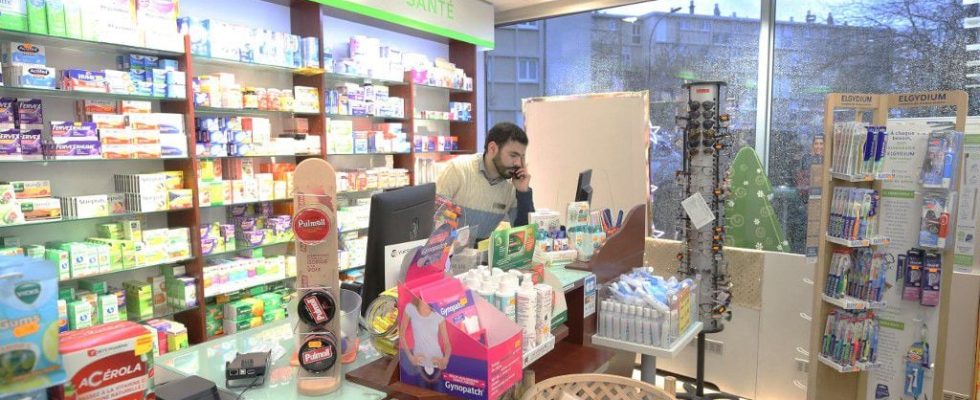Unions of pharmacists and pharmacy students will demonstrate on Tuesday, November 21, in Paris and in around ten cities. They demand the opening of conventional negotiations in order to “compensate for inflation” and the implementation of an expected reform of studies.
Organized by the National Association of Pharmacy Students of France (Anepf) and supported by several representative organizations, including the Federation of Pharmaceutical Unions of France (FSPF) and the Union of Community Pharmacists Unions (USPO), marches are planned in particular in Bordeaux, Grenoble, Nancy or Nantes.
Attractiveness of studies
“We have been waiting for seven years for a reform of the third cycle of studies, necessary for the attractiveness of the sector. At the same time, we have been waiting for four months for the opening of conventional negotiations, and we have decided, students and pharmacists, to support each other”, explained Philippe Besset, president of the FSPF, the leading pharmacists’ union.
“The government does not question the interest of these subjects, but it procrastinates and it becomes unbearable,” he added. For the moment, the unions are not calling for a strike or to close pharmacies, but to join the processions and make this mobilization visible, in particular by means of posters in pharmacies and a petition.
The poster represents the lowered curtain of a pharmacy to warn of their economic difficulties and the risk of medical desertification, continued Philippe Besset, assuring that “25 pharmacies” have closed every month since the start of the year and that France has lost 4,000 pharmacies from 2007 to 2023, to 20,000 pharmacies today.
Salary increase
As part of conventional negotiations between Health Insurance and pharmacists – who according to the profession are slow to open – the FSPF is demanding an additional billion euros for the coming budget to be able to increase salaries, in the wake of the ‘inflation.
According to a joint press release from the organizations, the sector has 120,000 employees in pharmacies. The students want to see the third cycle reform “advance”, which should provide them with more attractive study conditions, with an improvement in internship compensation, transport or accommodation in medical deserts.
According to Anepf, in two years, nearly 1,500 places (1,027 in 2022 and 471 in 2023) have remained vacant at the entrance to pharmacy studies, at the end of the first, more general year of health studies. . Without a reaction from the government, “the movement will harden,” warns the president of the USPO, Pierre-Olivier Variot.
